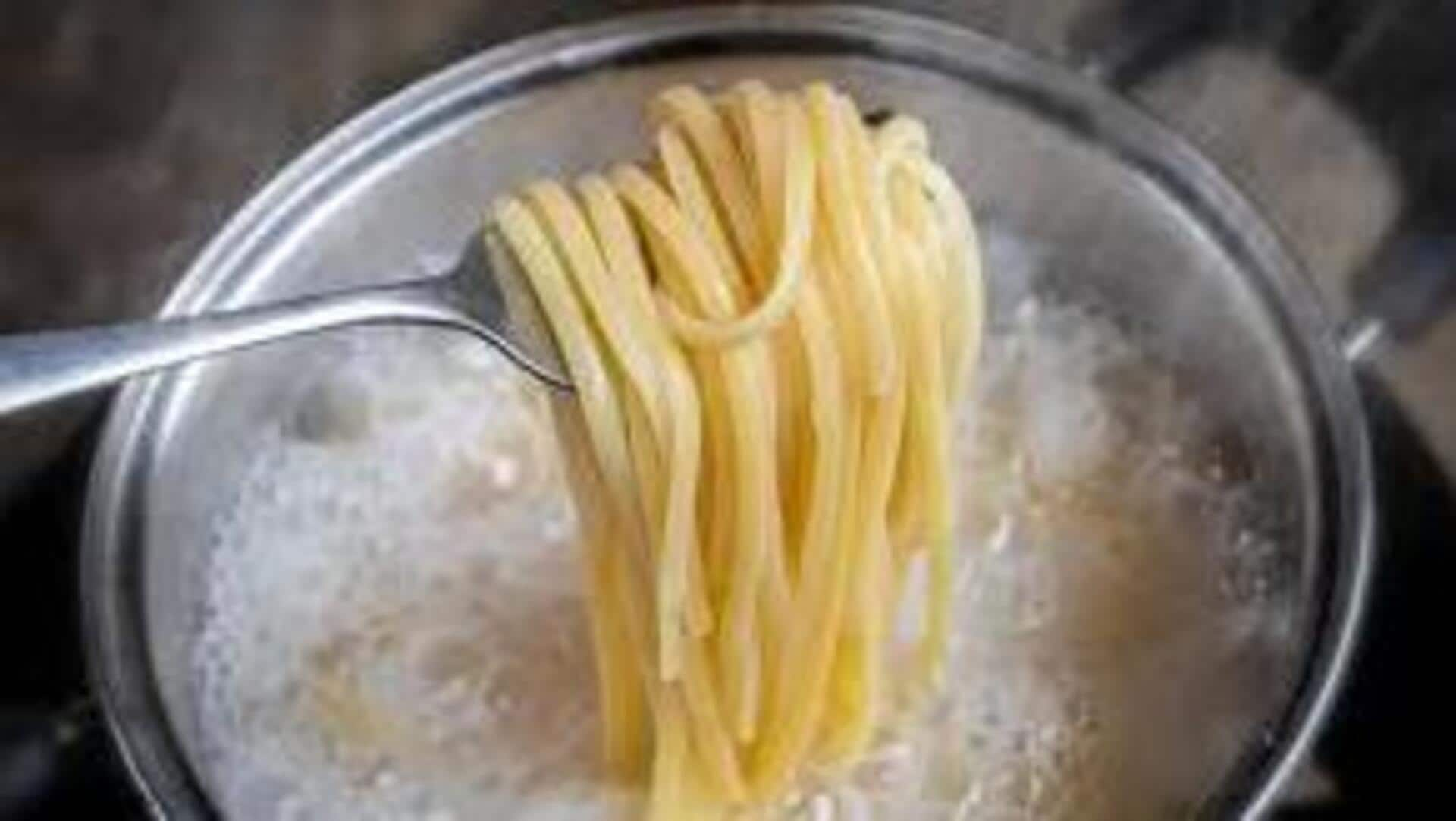
Tea with pasta water? This unexpected brew might surprise you
What's the story
Have you ever thought about brewing tea with leftover pasta water? The unusual method may sound weird, but it is a unique take on your regular tea.
Using pasta water (that is usually thrown away) can give an interesting flavor to your tea. The practice not only cuts waste but also gives a new spin to your favorite drink.
Let's find out some tips and tricks how this can be done effectively.
Composition
Understanding the composition of pasta water
Pasta water has starch released from the pasta while cooking. This starch makes the water slightly thick and can add body to your tea.
The salt (if any) added while boiling pasta may also lend a subtle savory note to the brew.
It's good to take these factors into account before you go ahead and use pasta water for brewing tea.
Tea selection
Choosing the right type of tea
Not all teas will pair well with pasta water, thanks to its unique properties.
Herbal teas or those with strong flavors like chai or ginger may complement the starchy and slightly salty nature of pasta water better than delicate green or white teas.
Try experimenting with different types to get a combination that suits your taste preferences.
Brewing tips
Adjusting brewing techniques
When using leftover pasta water for brewing, you might have to adjust your technique.
As pasta water is thicker than regular water, steeping time might have to be adjusted depending on your taste.
You might also want to use less sugar or sweeteners as the natural starches in the pasta water may already add some sweetness.
Eco-friendly practice
Environmental benefits of reusing pasta water
Reusing leftover pasta water for brewing tea is a great way to contribute positively toward reducing kitchen waste and conserving resources.
By finding creative ways to repurpose what would otherwise be discarded, you're taking small steps toward more sustainable living practices without compromising on taste exploration in culinary adventures.